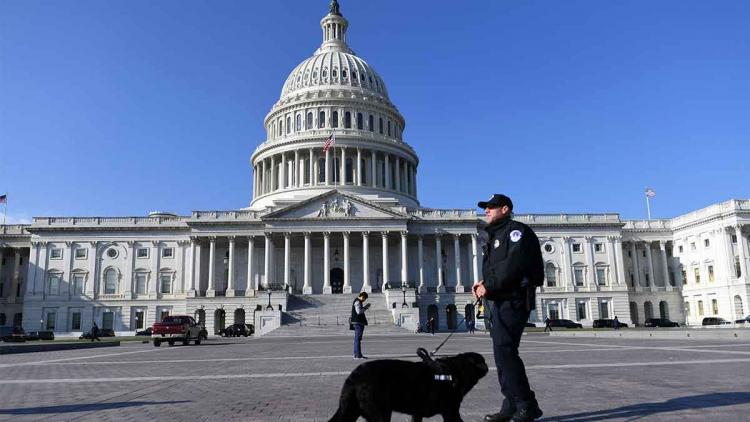The National Defense Authorization Act (NDAA) secured Congress' approval, allocating $886 billion for the Department of Defense and outlining policy directives. The bill, endorsed by the Republican-controlled House after the Senate's decision, now awaits President Joe Biden's endorsement.
This fiscal year's NDAA represents a substantial 28% increase in defense funding compared to the prior year. Notably, it grants a notable 5.2% pay raise for military members, the largest hike in over two decades, along with provisions addressing service member benefits, housing, and childcare.
Additionally, the legislation extends Section 702 of the Foreign Intelligence Surveillance Act, allowing brief warrantless surveillance of foreign nationals. While supporters emphasize its role in national security, critics voice concerns about potential misuse by law enforcement.
Section 702 permits the US government to access communication records of foreign individuals using US-based communication services abroad, sparking debates over its balancing act between national security interests and potential misuse, according to CNN reports.
Key Points:
1. The NDAA, greenlit by the House with 310 votes in favor and 118 against, witnessed opposition from 73 Republicans and 45 Democrats, marking a pivotal moment as it heads to the president's desk.
2. This fiscal year's NDAA authorizes a substantial $886 billion in defense funding, marking a notable 28% increase compared to the previous year's allocation.
3. Notable provisions within the legislation include a significant 5.2% pay raise for military members, marking the largest increase in more than twenty years, along with various measures related to military benefits, housing, and childcare.
4. Additionally, the bill involves a temporary extension of a controversial law allowing warrantless surveillance of foreign nationals, known as Section 702 of the Foreign Intelligence Surveillance Act.
5. Advocates of the law argue its necessity in bolstering national security, while critics raise concerns over potential misuse by law enforcement agencies, sparking debates around its efficacy and safeguards.
6. Section 702 permits the US government to gather intelligence by accessing communication records of foreign individuals overseas using US-based communication services, as highlighted in a CNN report.
7. The NDAA's passing represents a significant milestone in defense funding and policy, signaling an increased commitment to bolstering military capabilities and addressing various aspects of service member welfare.
8. The bipartisan support for the NDAA underscores its significance in ensuring military readiness and enhancing benefits for service members and their families.
9. However, the inclusion of Section 702's temporary extension has sparked discussions about balancing national security needs with individual privacy concerns, inviting scrutiny and debate among lawmakers and stakeholders.
10. Once signed into law by President Biden, the NDAA for fiscal year 2024 will outline key defense priorities and allocate substantial funding to fortify the nation's defense capabilities.
(With Agency Inputs)
ALSO READ | US Senate unveils stopgap bill in bid to avert govt shutdown


















